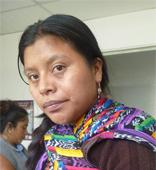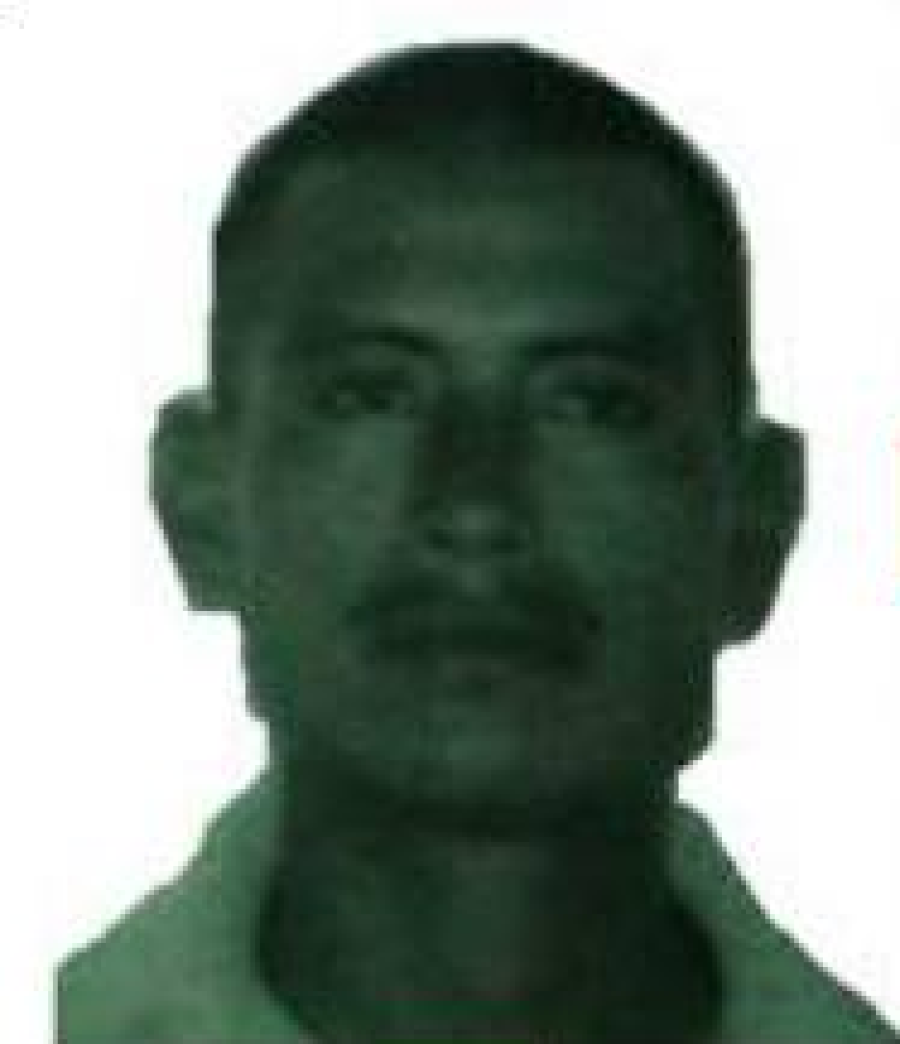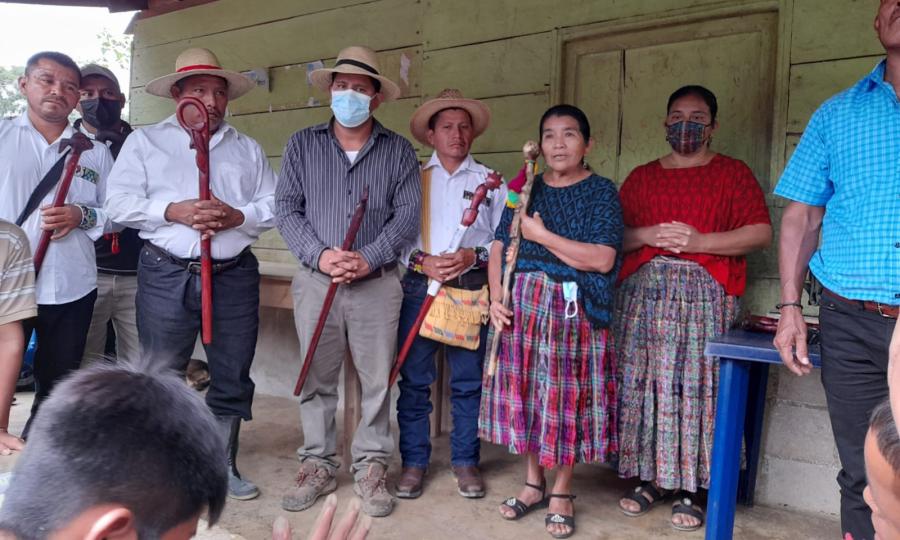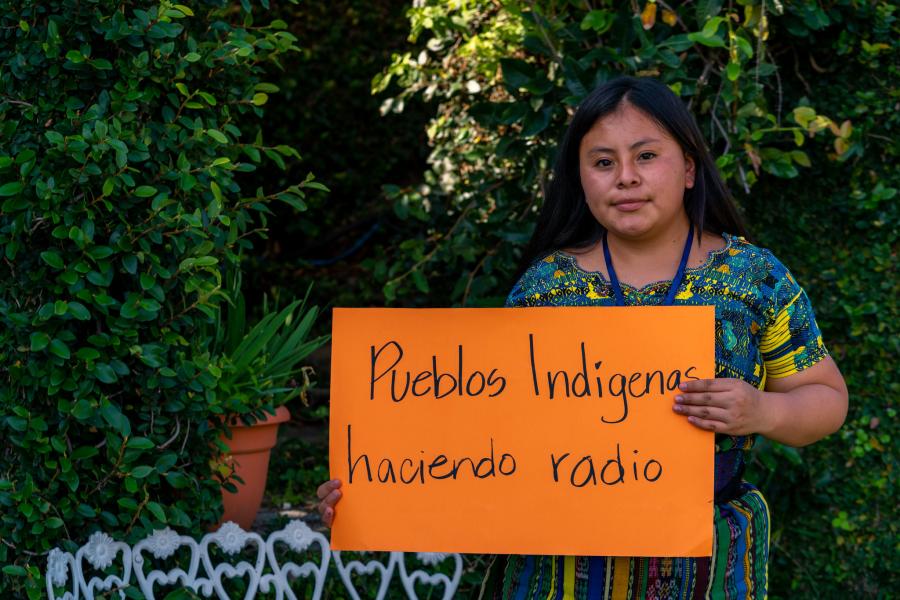
The following is an intervention by Alma Temaj and Alberto Recinos of Guatemala at the 13th Session of the UN Permanent Forum on Indigenous Issues.
Ms. President, I would first like to congratulate you on your election as president for this 13th Session of the UN Forum on Indigenous Issues. I would like to cordially greet all of our brothers and sisters here today, thanking you for this space that you have provided us to represent the Community Radio Movement of Guatemala.
Within the principles of good governance, Guatemalan Indigenous community media and the right to freedom of expression are inherent human rights. Guatemala is characterized as a multiethnic, multilingual, and multicultural country. We have a wealth of 24 indigenous languages, and indigenous people’s make up 65% of the population. Unfortunately, Guatemala continues to be a monocultural, racist, discriminatory State. With respect to this issue, our public policy and the enforced laws impose a homogenous model of life on the Indigenous peoples’.
The Indigenous human rights situation as it is related to community media and the right to freedom of expression faces a systematic pattern of human rights violations caused by its fight to achieve legal recognition of Indigenous community radio. Instead of putting the right to freedom of expression into effect, the State’s response has been to persecute, criminalize and raid community radios, confiscating equipment, and putting volunteers in prison. State action has become ineffective, delayed, and incoherent, not respecting the claims and demands of the Indigenous peoples.
Community radio is a necessity and a tool for Indigenous peoples. Oral tradition within our communities is extremely important. It exists within our community advisories, within families, with the local authorities, during spiritual ceremonies, in local businesses, and it always takes place in our mother tongues. Our right to our own media was demanded in article 16 of the UN Declaration for Indigenous Rights, in Convention 169, and in the Peace Accords, section H regarding identity and Indigenous rights.
Throughout history in our country, Indigenous peoples and other marginalized sectors, have been fighting against the imposition of new cultural practices. Since the invasion in 1524, we have resisted the plundering of our lands and territories. Today this resistance has been strengthened in response to unethical mining projects, megaprojects, African palm oil plantations, and hydroelectric projects. This monopoly not only exists within these businesses, but also in the radio electric frequencies, without free, prior and informed consent from the Indigenous populations. As a response to these monopolies and human rights violations, community radio is a valuable instrument that contributes to the strengthening and conservation of Indigenous languages, cultures and traditions.
Within the space of this Forum, it is necessary to question the members of the State, as mediating entities, regarding liberal democracy and community media in order to form opinions, ideas and constructions of reality.
The practice and strengthening of good governance will not be possible if States do not keep their promises and minimize social injustices.
Good governance must give Indigenous peoples the opportunity to access their own media and modes of communication.
I make an appeal to you, Ms. President, that the State implements mechanisms of verification regarding the application of instruments that guarantee Indigenous rights, including our right to our own media and forms of communication.
During the last 15 years, the Guatemalan Community Radio Movement has promoted actions that would permit Indigenous communities access to our own media and forms of communication. We have already presented four Bills to Congress. Three have been back shelved, and the most recent, Bill 4087, is waiting to be recognized in the Congress of the Republic of Guatemala for two years.
Thank you.



